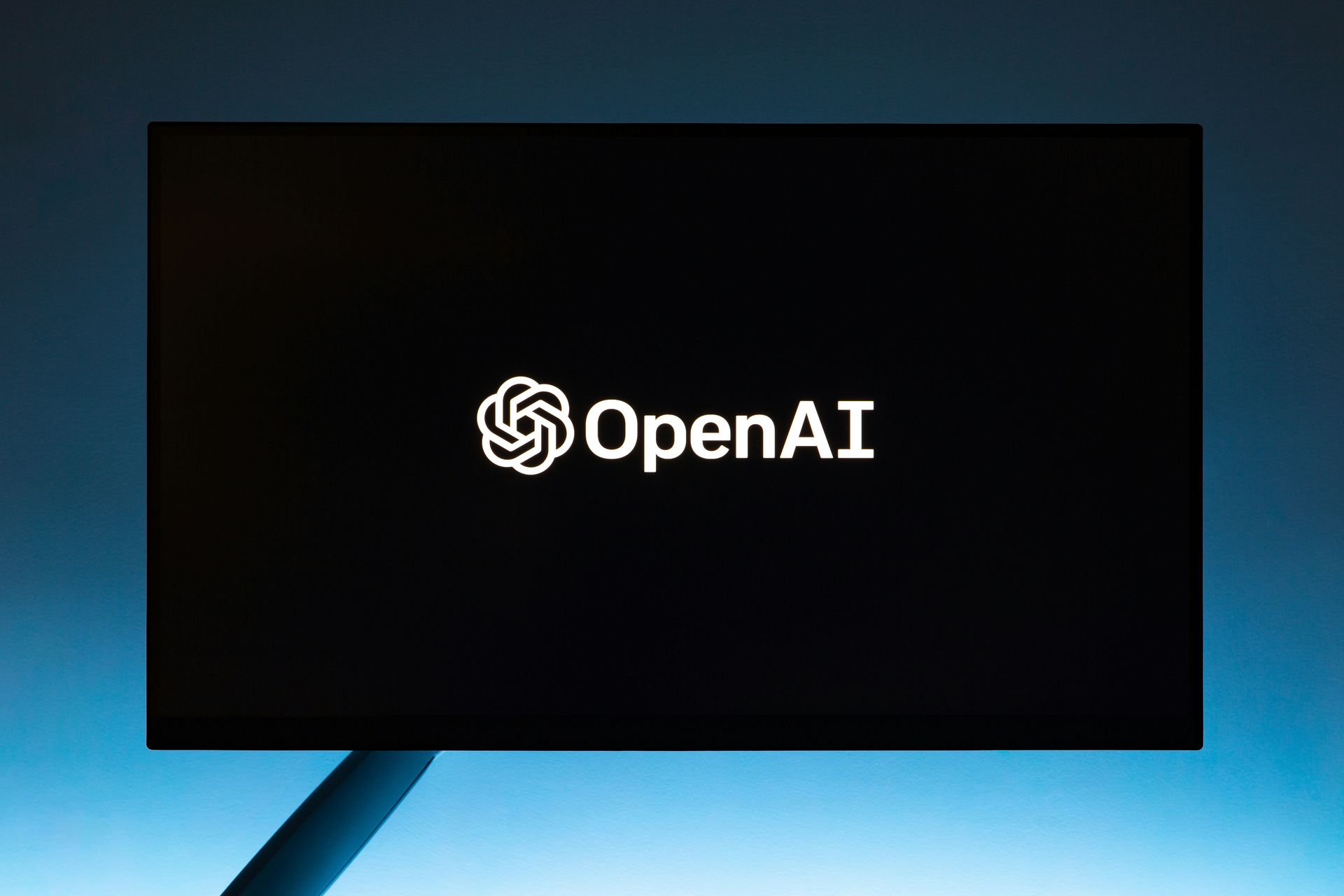OpenAI, the first company that comes to mind in recent years in artificial intelligence, was stunned by the lawsuit filed by Tesla CEO Elon Musk. Very interesting things started to happen in Elon Musk’s lawsuit against OpenAI.
While Musk argued that OpenAI deviated from its non-profit mission and prioritized commercial interests, OpenAI denied these allegations and published emails revealing Musk’s desire for control over the company. In the published email conversations, Elon Musk’s financing commitments stand out. But did Musk fulfill this financing commitment?
Elon Musk’s financial contribution is a matter of debate
According to OpenAI’s blog post, despite Musk’s $1 billion funding commitment to OpenAI, he has transferred less than $45 million to the company. This calls into question Musk’s financial contribution to OpenAI and his influence on the company.

OpenAI argues that its partnership with Microsoft does not contradict its non-profit mission and that this collaboration provides an important resource to advance artificial intelligence research. According to OpenAI, Microsoft’s investment allows the company to expand its research and development activities and reach more people.
Transparency and accessibility debate
Another noteworthy point in the article is the emails suggesting that Musk knew about and accepted OpenAI’s plans to stop sharing all of its work as open source. These emails raise concerns about Musk’s commitment to OpenAI’s principles of transparency and accessibility.
OpenAI also alleges that Musk wanted “full control” over the company. When he didn’t get it, he left and set up his own AGI (artificial general intelligence) competitor within Tesla. The allegations call into question Musk’s motivations for OpenAI and his vision for the future of AI.

What will be the next step in the case?
OpenAI’s rejection of Musk’s allegations and the e-mails it submitted open a new curtain in this complex case. With the world of artificial intelligence following this case with great interest, what will happen in the coming period and how the parties will proceed remain to be seen.
The case can be seen as part of a wider debate about the future of AI and how to develop and manage this powerful technology. The case outcome will set an important precedent for AI’s commitment to transparency, accessibility, and ethics.





